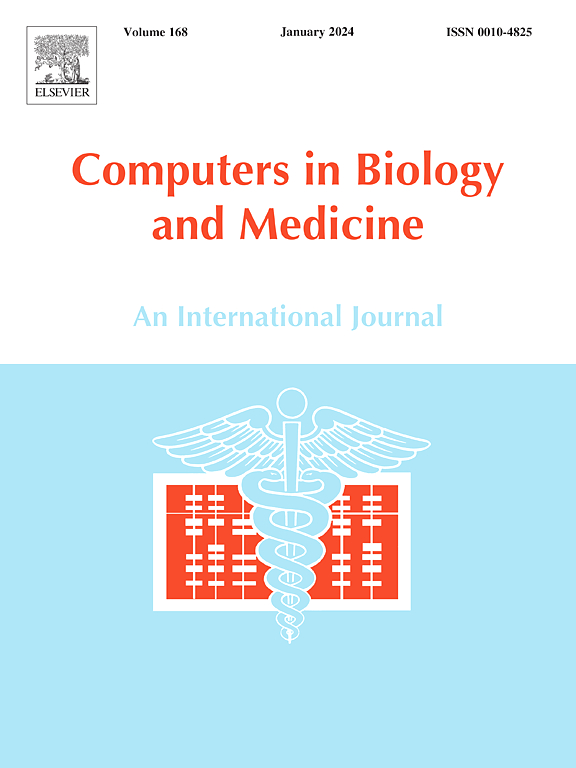Enhancing multiple sclerosis diagnosis: A comparative study of electroencephalogram signal processing and entropy methods
IF 7
2区 医学
Q1 BIOLOGY
引用次数: 0
Abstract
As one of the most common neurodegenerative diseases, Multiple sclerosis (MS) is a chronic immune-driven disorder that affects the central nervous system (CNS). Due to the variety of symptoms, accurately diagnosing MS demands rigorous attention to differential diagnosis, as various disorders can closely mimic its clinical and paraclinical features. Although MR imaging techniques are gold standards in diagnosing MS, the feasibility of advanced Electroencephalogram (EEG) signal processing methods is discussed in this study to detect patients with MS disorder. EEG signals from 50 individuals were evaluated through entropy-based methods. Sixteen distinct entropy methods were employed to extract features, which were used to train several machine-learning algorithms for classifying MS patients. Furthermore, each entropy method was individually evaluated to identify the most effective approach for MS diagnosis. A regional analysis of the EEG channels was conducted to determine the most informative regions for classification. The results indicated that the proposed method outperformed previous studies and achieved highly effective results in the classification of MS patients.

增强多发性硬化症诊断:脑电图信号处理与熵方法的比较研究。
多发性硬化症(MS)是一种影响中枢神经系统(CNS)的慢性免疫驱动疾病,是最常见的神经退行性疾病之一。由于症状的多样性,准确诊断MS需要严格注意鉴别诊断,因为各种疾病与MS的临床和临床旁特征非常相似。虽然磁共振成像技术是诊断多发性硬化症的金标准,但本研究讨论了先进脑电图(EEG)信号处理方法检测多发性硬化症患者的可行性。采用基于熵的方法对50例个体的脑电图信号进行评价。采用16种不同的熵方法提取特征,用于训练几种用于MS患者分类的机器学习算法。此外,每个熵方法被单独评估,以确定最有效的MS诊断方法。对脑电信号通道进行区域分析,以确定最具信息量的分类区域。结果表明,该方法优于以往的研究,在MS患者的分类中取得了非常有效的结果。
本文章由计算机程序翻译,如有差异,请以英文原文为准。
求助全文
约1分钟内获得全文
求助全文
来源期刊

Computers in biology and medicine
工程技术-工程:生物医学
CiteScore
11.70
自引率
10.40%
发文量
1086
审稿时长
74 days
期刊介绍:
Computers in Biology and Medicine is an international forum for sharing groundbreaking advancements in the use of computers in bioscience and medicine. This journal serves as a medium for communicating essential research, instruction, ideas, and information regarding the rapidly evolving field of computer applications in these domains. By encouraging the exchange of knowledge, we aim to facilitate progress and innovation in the utilization of computers in biology and medicine.
 求助内容:
求助内容: 应助结果提醒方式:
应助结果提醒方式:


